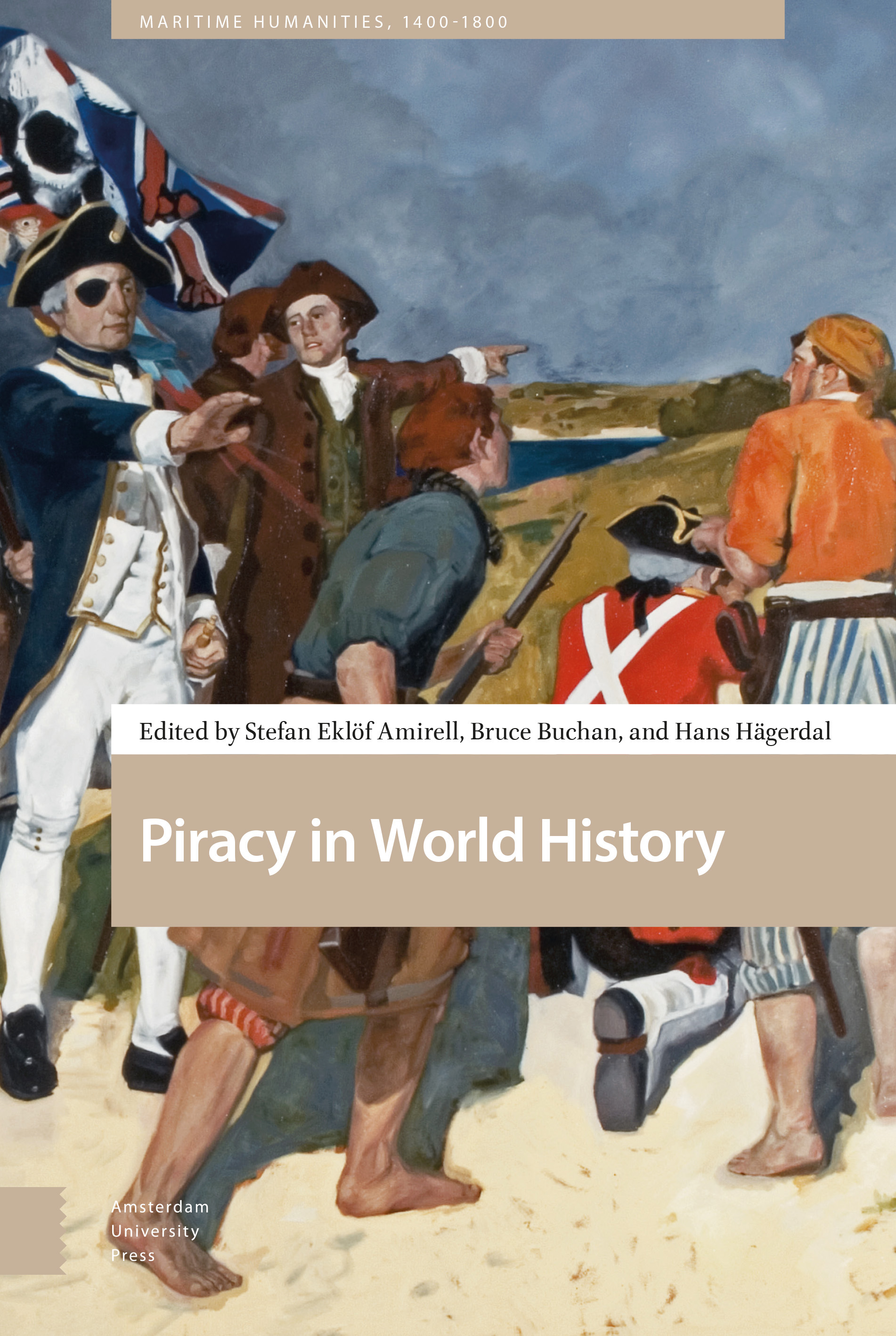Book contents
- Frontmatter
- Contents
- Acknowledgements
- 1 Introduction: Piracy in World History
- 2 “Publique Enemies to Mankind”: International Pirates as a Product of International Politics
- 3 All at Sea: Locke’s Tyrants and the Pyrates of Political Thought
- 4 The Colonial Origins of Theorizing Piracy’s Relation to Failed States
- 5 The Bugis-Makassar Seafarers: Pirates or Entrepreneurs?
- 6 Piracy in India’s Western Littoral: Reality and Representation
- 7 Holy Warriors, Rebels, and Thieves: Defining Maritime Violence in the Ottoman Mediterranean
- 8 Piracy, Empire, and Sovereignty in Late Imperial China
- 9 Persistent Piracy in Philippine Waters: Metropolitan Discourses about Chinese, Dutch, Japanese, and Moro Coastal Threats, 1570–1800
- 10 Sweden, Barbary Corsairs, and the Hostis Humani Generis: Justifying Piracy in European Political Thought
- 11 “Pirates of the Sea and the Land”: Concurrent Vietnamese and French Concepts of Piracy during the Second Half of the Nineteenth Century
- 12 Pirate Passages in Global History: Afterword
- Index
2 - “Publique Enemies to Mankind”: International Pirates as a Product of International Politics
Published online by Cambridge University Press: 16 December 2021
- Frontmatter
- Contents
- Acknowledgements
- 1 Introduction: Piracy in World History
- 2 “Publique Enemies to Mankind”: International Pirates as a Product of International Politics
- 3 All at Sea: Locke’s Tyrants and the Pyrates of Political Thought
- 4 The Colonial Origins of Theorizing Piracy’s Relation to Failed States
- 5 The Bugis-Makassar Seafarers: Pirates or Entrepreneurs?
- 6 Piracy in India’s Western Littoral: Reality and Representation
- 7 Holy Warriors, Rebels, and Thieves: Defining Maritime Violence in the Ottoman Mediterranean
- 8 Piracy, Empire, and Sovereignty in Late Imperial China
- 9 Persistent Piracy in Philippine Waters: Metropolitan Discourses about Chinese, Dutch, Japanese, and Moro Coastal Threats, 1570–1800
- 10 Sweden, Barbary Corsairs, and the Hostis Humani Generis: Justifying Piracy in European Political Thought
- 11 “Pirates of the Sea and the Land”: Concurrent Vietnamese and French Concepts of Piracy during the Second Half of the Nineteenth Century
- 12 Pirate Passages in Global History: Afterword
- Index
Summary
Abstract
The origins of modern international law are frequently sought in the Early Modern period, and piracy has often been accorded a major role in this development, as well as in the emergence of an international system of states. The chapter highlights how international law developed through a process that Kempe calls “integration by exclusion.” Specifically, the author focuses on the piratical exploits and subsequent trial of John Cusack, executed in 1675. The case illustrates how accusations of piracy as a crime against all nations was a central element in the emergence of international law in Europe and in the establishment of England's claim to be an effective global sea power. This demonstrated its ability to project its jurisdiction at sea far beyond the country's shorelines.
Keywords: John Cusack, international law, sea power, maritime jurisdiction, Early Modern
Introduction
In recent years, scholars of the global history of piracy have begun to question the traditional view that piracy was mainly a European concept, spread around the world during the European expansion in the Early Modern period. While there have been attempts to understand piracy from a global, cross-cultural perspective, there has been less attention given to how the European and non-European concepts of piracy developed concurrently within the period of European expansion in the seventeenth and eighteenth centuries. Especially noteworthy has been the work of historians of international law who have pioneered important studies of the meaning of piracy. Comparatively neglected within this work, however, is an explanation of how piracy functioned as an integrating factor in forming the public law of European nations. This paper will explain why the international pirate played a significant role as a figure of negative integration in the Ius Publicum Europaeum. In forming an international community of nations bound by law in the seventeenth century, the pirate as the common enemy of all was a crucial ingredient.
On 30 August 1674, after several months of pursuit, the English Admiralty finally succeeded in capturing George Cusack, one of the most sought and feared pirates in Europe, in the Thames estuary. Soon after, a short treatise was published detailing the arrest of Cusack. In it, he was classified among the most evil kinds of criminal, namely, a pirate and sea robber.
- Type
- Chapter
- Information
- Piracy in World History , pp. 35 - 60Publisher: Amsterdam University PressPrint publication year: 2021

